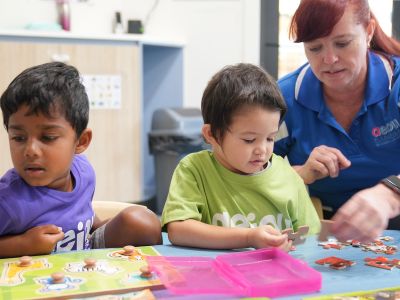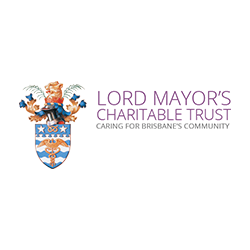
One of the most overlooked but emotionally charged aspects of having a child with autism is commonly the inability of these children to clearly express love, whether that is due to a lack of emotional reciprocity or simply through the inability to verbally communicate the words “I love you.” We all want and need to be loved. Children with autism are no different and simply show their love in alternative ways. It’s important to always think about how our children do truly show love and how we show them love in return.
Love is patient
- The struggles children with autism face can be overwhelming but patience is one of our greatest virtues. Our patience is love. We are patient when we strive to understand our children’s behaviours and desires. Likewise, our children are patient with us when they cannot express themselves and desperately need to. Our children love us endlessly and show that by continuing to try for us.
Love is kind
- We may not always see that love is kind when children exhibit meltdowns, head banging, or even scratching. However, when we remember the cuddles, the kisses, the days spent watching Sesame Street together, we realise our children wouldn’t leave our side even if their world was crumbling around them.
It does not envy
- Our children love us in ways that they cannot love anyone else. Even when it seems like our children can never express the love we are so desperately seeking, they will choose us out of a crowd. They will leave their teachers and run to mum and dad when you pick them up. The love they struggle to show is not lacking. The only thing lacking is the ability to express it conventionally. Your children love you over everyone else to an unimaginable degree.
It does not boast
- Our children are not always outgoing with their love. Their love is subtle. Their love is not getting up and walking away when you sit down to play, yet they would leave if it were anyone else. Their love is seeking you out for their wants and needs. Their love is Sunday morning cuddles when nobody is watching. We need to look for their love to find it, but it's ever-present.
It is not proud
- To others, it may not be apparent that our children love us, despite how much they do. Your behaviour therapist will know it when your child can readily identify pictures of mum and dad and nobody else in the entire world Your speech therapist will note it when they show increased vocalisations at home. Your occupational therapist will see straight through it when your child eats a variety of foods at home and is fussy at school. Even comfort, though subtle, is a sign of their love.
It is not self-seeking
- The love our children show us is pure. Our children do not always understand emotions yet they understand attachment. They love who we are to them, not what we are.
It is not easily angered
- It is all too easy to become frustrated with our children. The everyday struggles for some degree of normalcy can be maddening. But our children never give up on us and we love them even in the worst of times.
It keeps no record of wrongs
- Every day is a new opportunity to move on from the struggles of yesterday. Your child loves you today in spite of yesterday and with no fear of tomorrow. Your child will try to communicate every single day for their entire lives until you understand because their love is boundless.
It always protects, always trusts, always hopes, always perseveres.
- Even on the worst of days we will always protect our children. Our children will trust our protection. Even in the darkest of hours, glimmers of hope will drive us forward. Our children will persevere through their interventions not for them but for you. Our children will fight to communicate so that they can communicate with you. You are their world and everything they do is for you.
Love never fails
- Our love is infinite and unfailingly matched by the many subtle ways our children love us. Even when we struggle to see it in the same way as other parents, it is intrinsically woven throughout the fabric of our daily lives. It’s in everything our children do that we struggled to notice or took for granted. Their love is the greatest kind of love because our children may not understand love, or any emotion, and yet they love us anyway.
Their love is uniquely them. Their love is perfect.
Article by: Michael Scanlon, AEIOU Program Coordinator (Senior Behaviour Therapist)


































